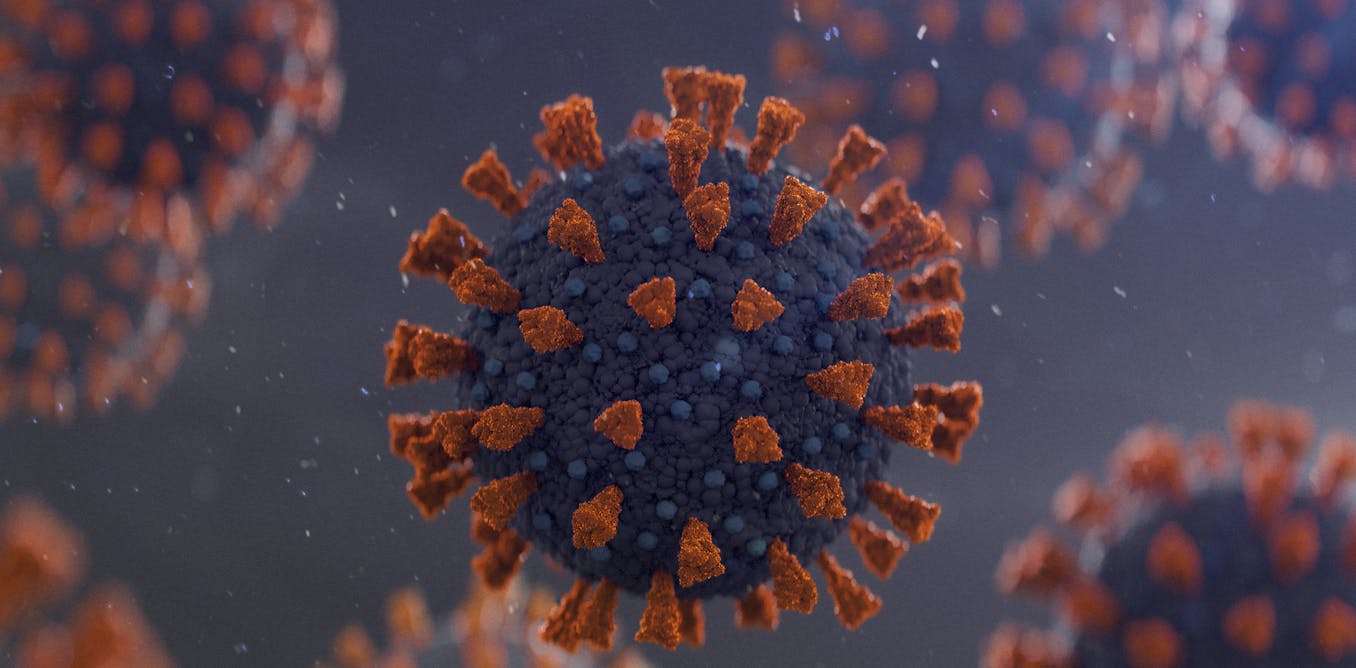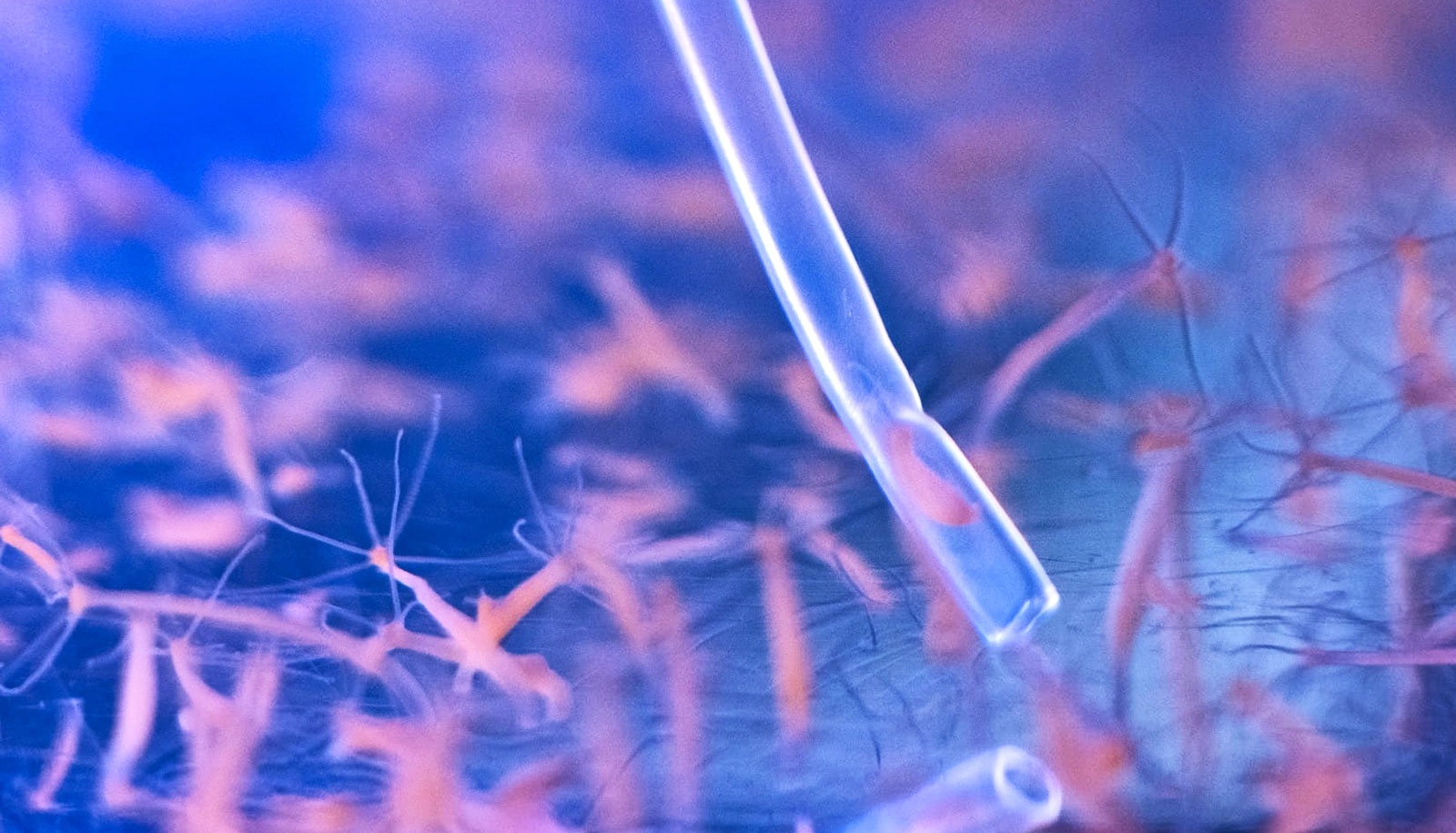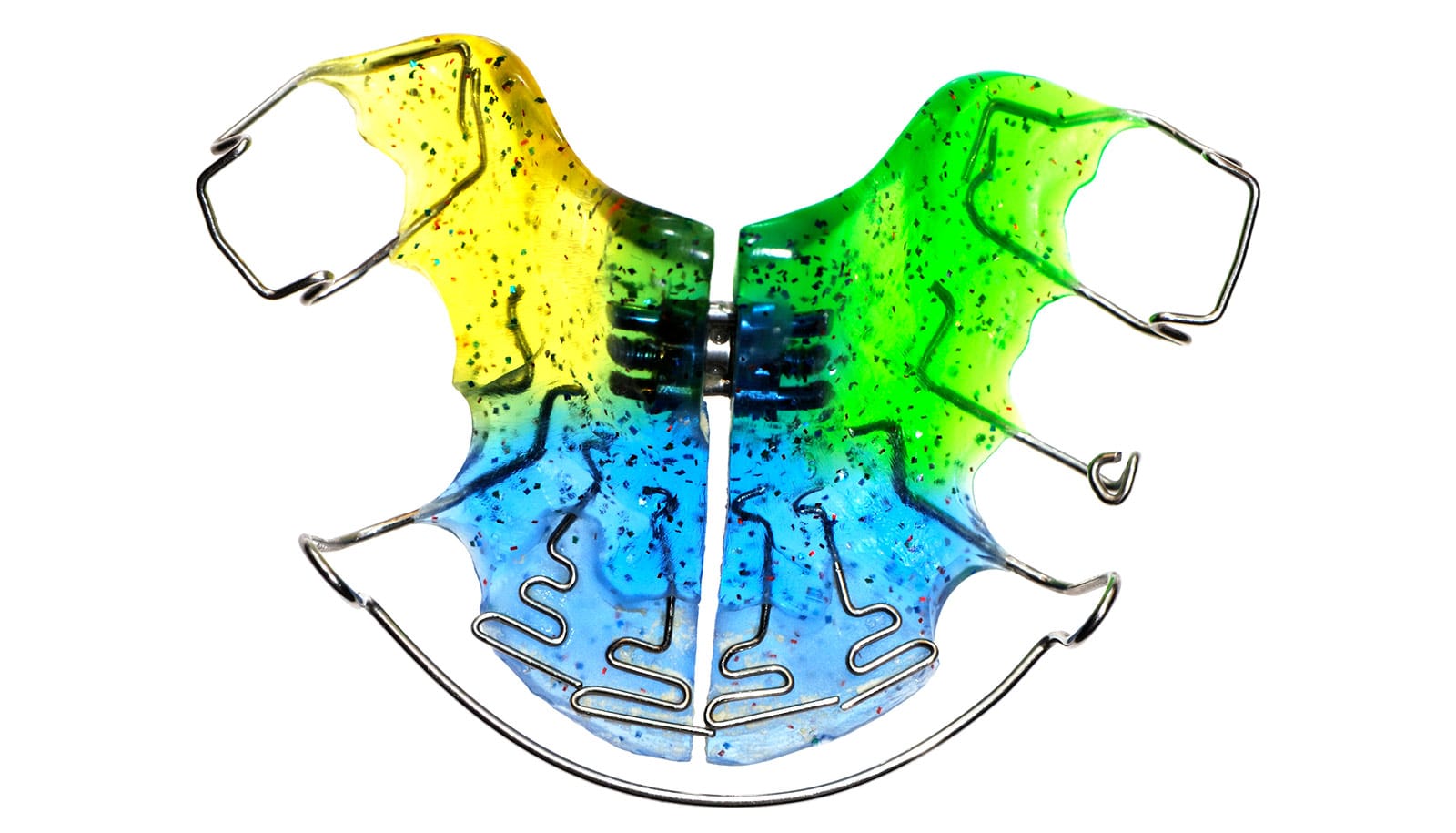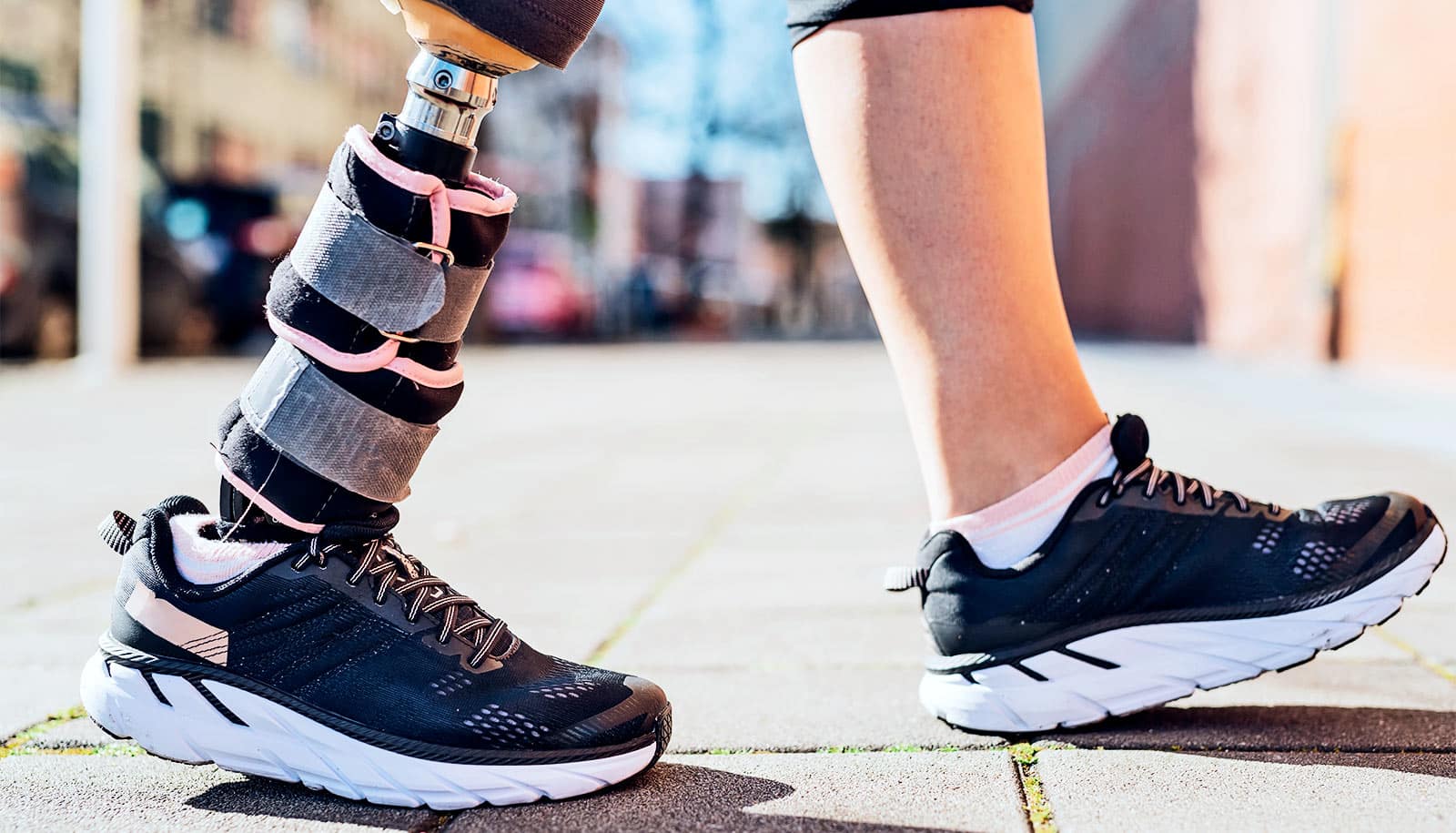Preliminary research finds that even mild cases of COVID-19 leave a mark on the brain – but it's not yet clear how long it lasts
Reduced brain volume in people who have experienced COVID-19 resembles brain changes typically seen in older adults. The implications of these findings are not yet clear.
Sept. 24, 2021 • ~8 min







